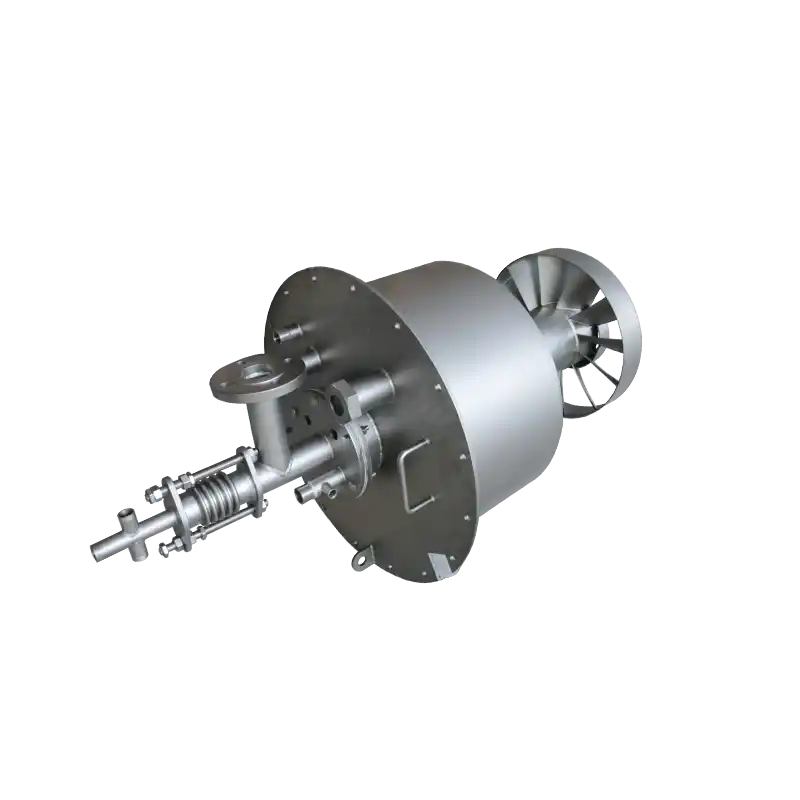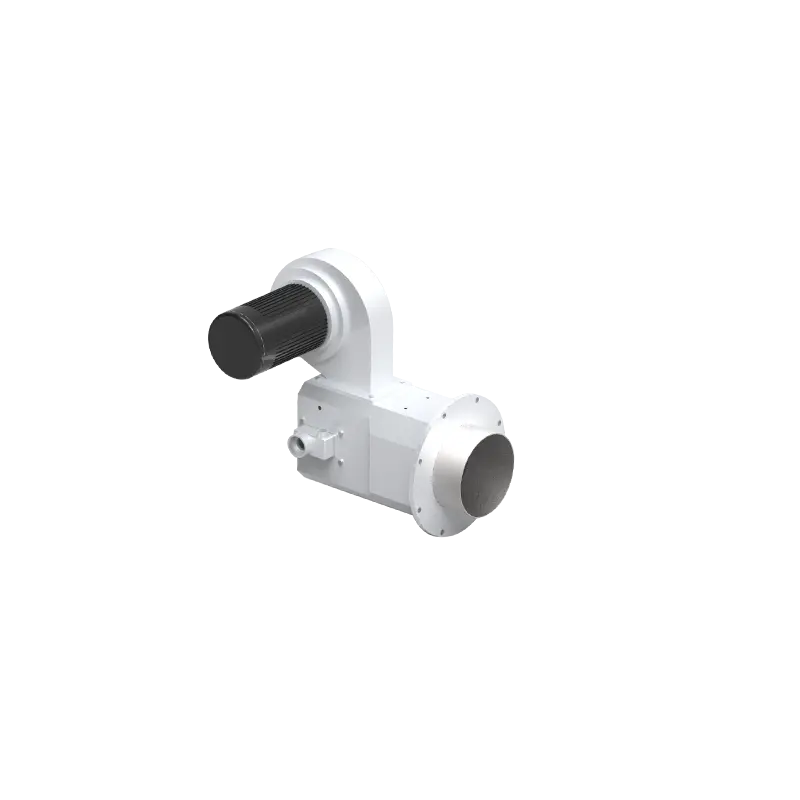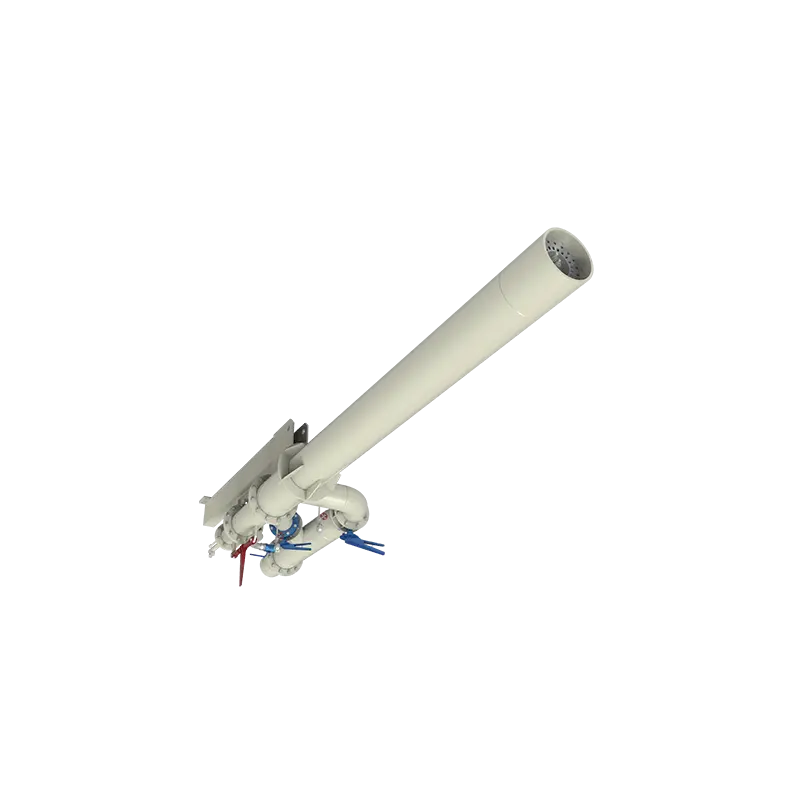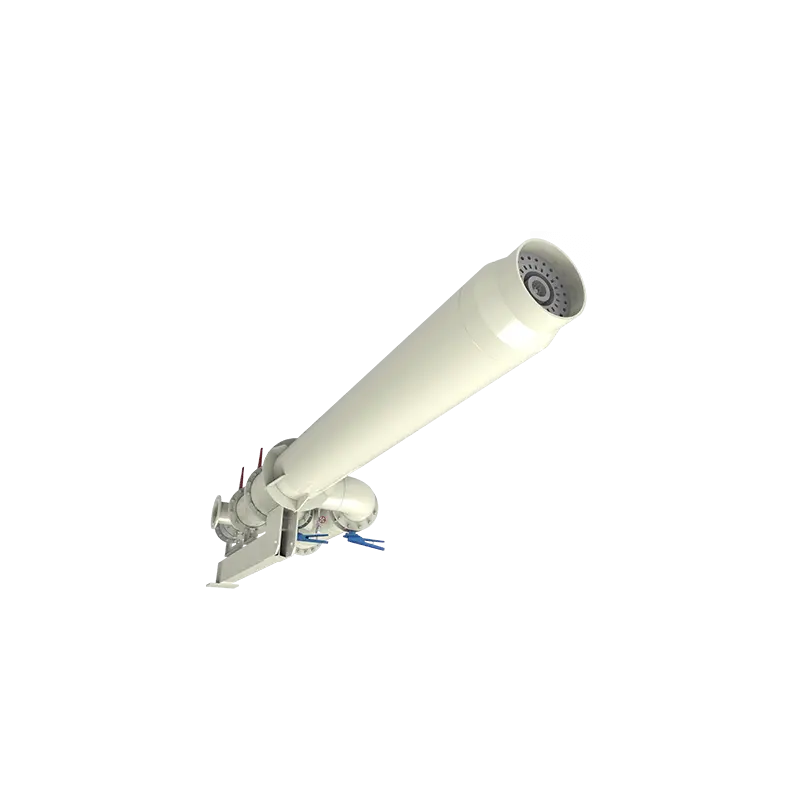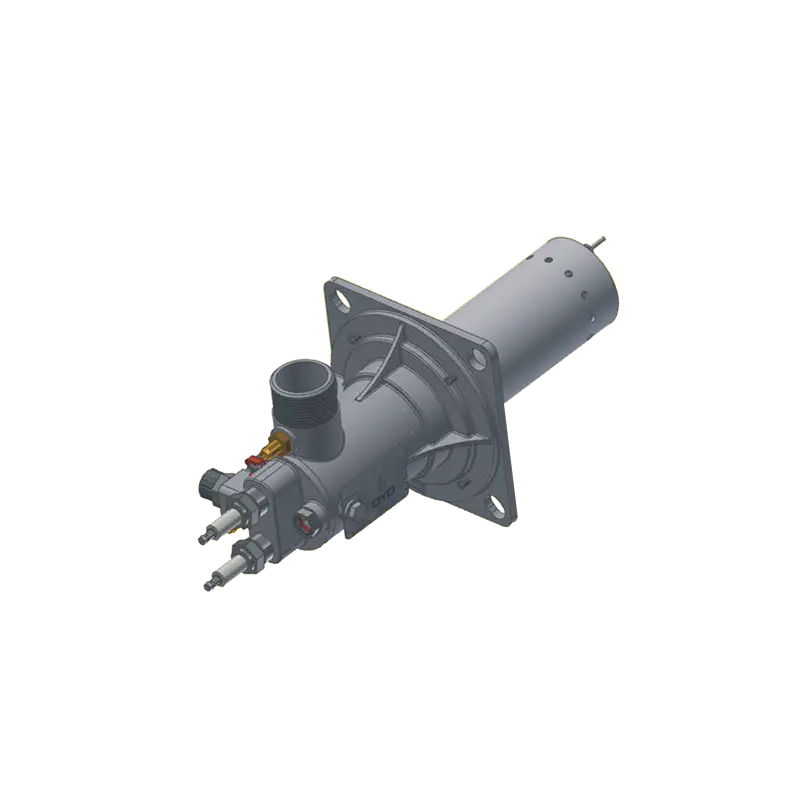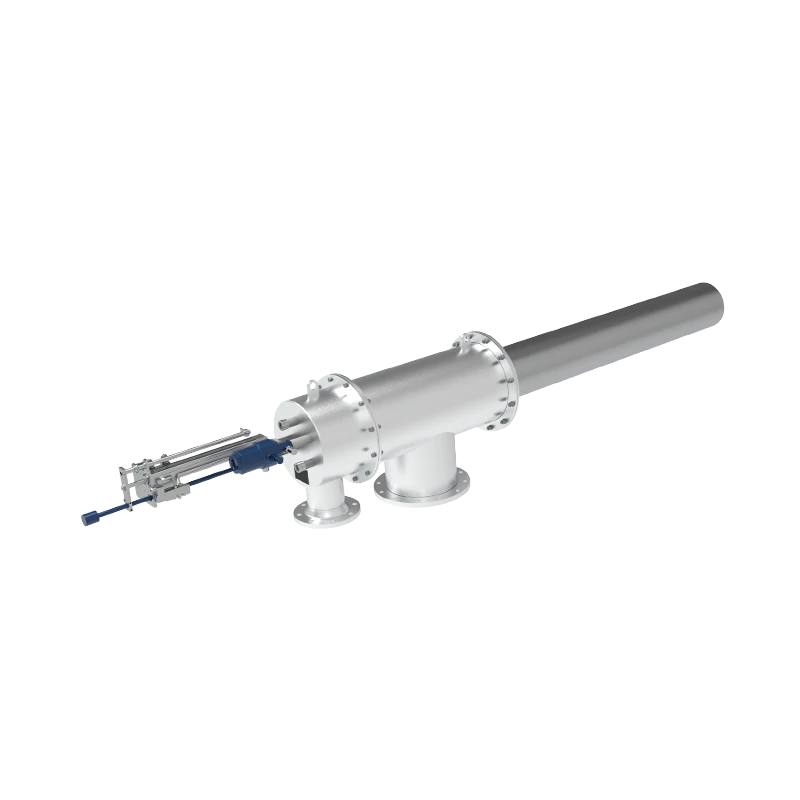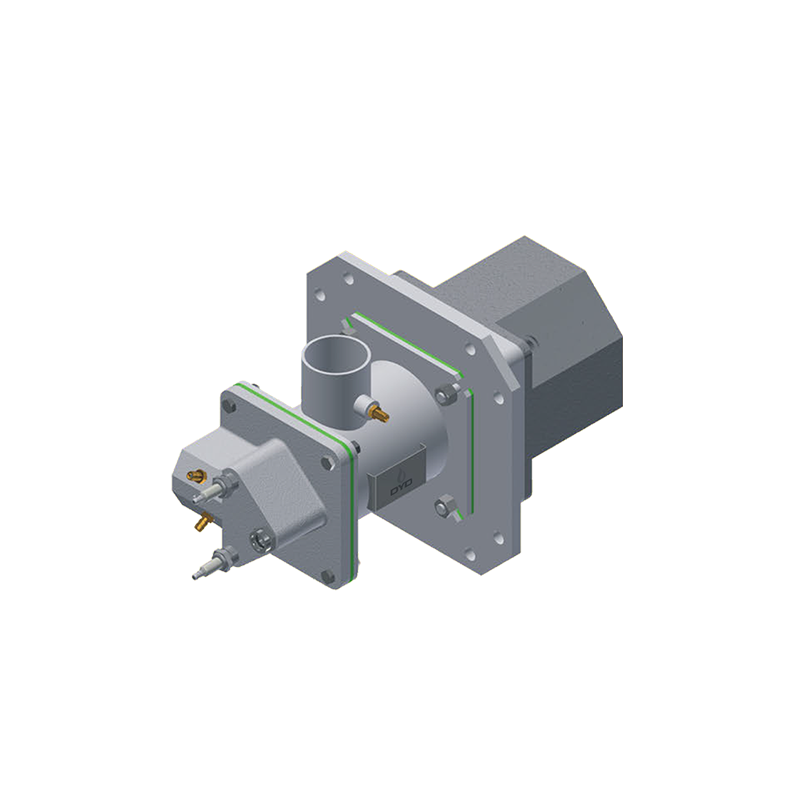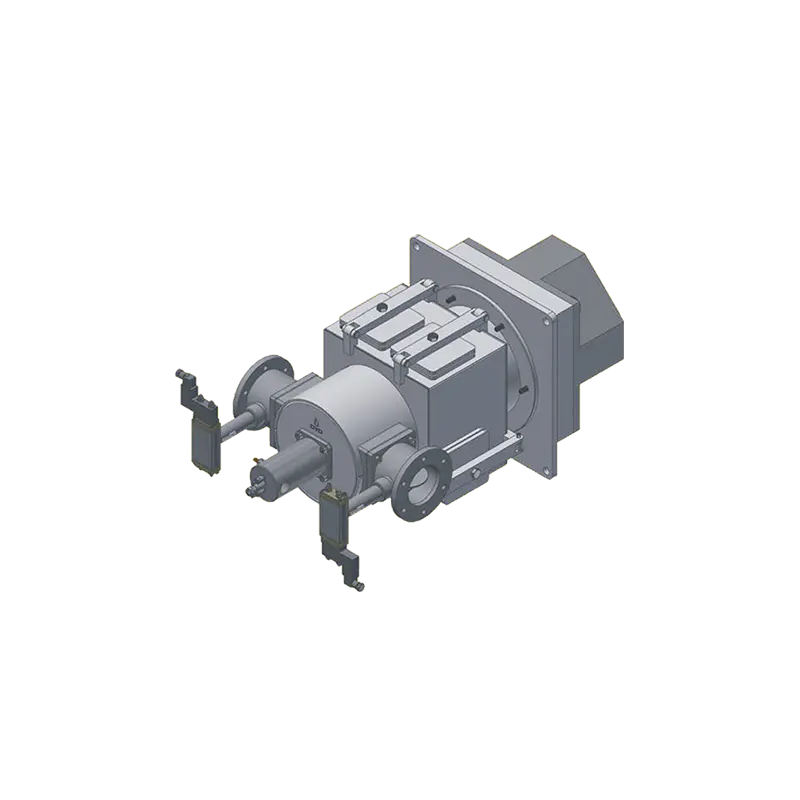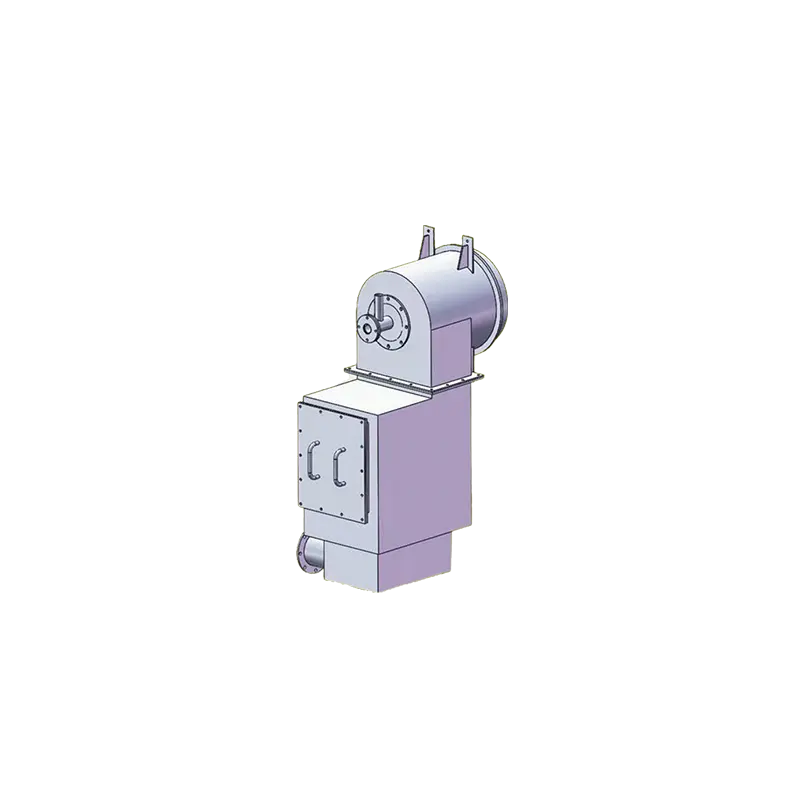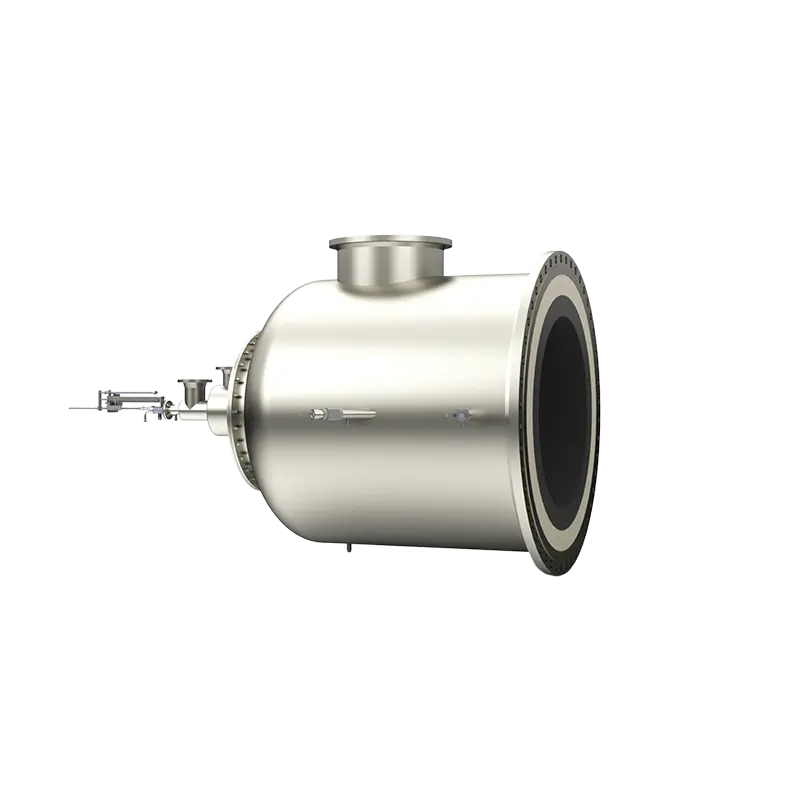Design principle: Designed according to the principle of "one kiln type, one design per household".
Design calculation: The head structure of the burner is simulated using CFX simulation to accurately simulate flame length, shape, and temperature distribution based on customer's kiln type and process parameters, ensuring stable flame and no contact with the kiln lining, and meeting the process requirements.
Applicable fuels: Suitable for high-calorific-value gases such as natural gas and liquefied petroleum gas, and can also adapt to other low-calorific-value gases such as furnace gas and converter gas, effectively reducing fuel costs. It can use a single fuel or multiple fuels.
Flame adjustment: Independent manual control valves are arranged on the clean air channels of axial flow, swirling flow, and central flow, combined with adjustable swirl mechanism, allowing flexible adjustment of flame length, shape, and intensity.
Service life: The head structure is treated with high temperature and wear resistance, effectively increasing the service life of the equipment.
Installation method: Installed on a mobile platform, which can be mounted on tracks or suspended according to requirements. The mobile platform not only allows for equipment movement but also allows adjustment of the nozzle position of the RKL series rotary kiln burner to adapt to complex kiln conditions.
Environmental emissions: The fuel and primary air are fully mixed for fast combustion, reducing NOX and CO emissions. The high-flow design of the combustion-supporting axial flow and swirling flow allows more efficient utilization of secondary air, improving thermal efficiency and reducing energy consumption.
